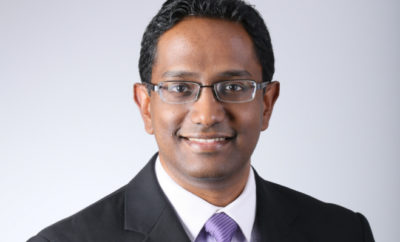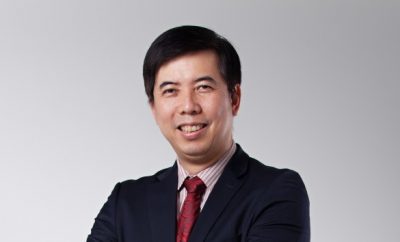
Health x Wellness
Q&A on Anal and Colonic diseases
The Active Age speaks with Dr Denis Cheong, PanAsia Surgery’s General Surgeon specialising in colorectal surgery about common anal and colonic diseases.
the Active Age (AA): What are some common diseases that people can develop in the colon and anal region?
Dr Denis Cheong (DC): Hemorrhoids, Abscesses, Fistulas, Fissures and Anal Warts. Most of these conditions are not serious or fatal but can cause considerable discomfort or inconvenience.
Colorectal cancer would be the one worrying condition we would need to exclude – and this is of course a serious and potentially fatal condition.
AA: Are these diseases mainly genetic or lifestyle-driven? What type of lifestyle contributes to such conditions? And what habits can we adopt to lessen the incidence, frequency or occurrence of such conditions?
DC: Most are acquired conditions as genetics do not have much of a role in their occurrence. Problems with constipation, inadequate hydration and lack of dietary fibre may predispose people to hemorrhoids.
Life-style definitely plays a role in anal warts – as these can be sexually transmitted. People with multiple sex partners, having casual sex and anal receptive intercourse are risk factors. HIV infections would also come into the picture.
AA: What symptoms should we look out for when it comes to hemorrhoids, anal abscess, fistulas and fissures?
DC: Pain around the anus, bleeding in the stool and lumps or growths around the area could be related to these conditions. Symptoms arise when the condition arises and there are no good preventive measures or early detection techniques for these anal conditions.
AA: What types of screening and detection methods are there for these conditions? When and how frequent should we be going for tests? What is the typical treatment for them?
DC: The diagnosis is made on inspection of the area. An experienced proctologist should be able to distinguish between the conditions and suggest if further evaluation or treatment is required. Some of these conditions may require surgical removal or biopsy to confirm the diagnosis.
AA: How about colorectal cancer? Are the symptoms similar?
DC: Symptoms from Colorectal cancer can overlap and mimic these conditions so one should be examined by an experienced doctor, preferably a colorectal specialist.
Colorectal cancer arises from a precursor lesion called a polyp. When polyps “grow up” – they become cancer but if you remove them before they have had a chance to transform into a cancer – you prevent the cancer. This is the basis for Colonoscopy screening of the colon.
AA: What happens when we detect symptoms or signs of a condition during the test? What sort of process and treatment takes place at the specialist’s clinic at that point?
DC: It really depends on what is found on examination. The doctor will recommend further evaluation if necessary.
Dr Denis Cheong is PanAsia Surgery’s General Surgeon specialising in colorectal surgery. He has extensive experience in managing anal conditions like hemorrhoids, fistula and fissure, as well as treating colorectal cancer and diverticular disease. He is an expert endoscopist and has performed more than 12,000 colonoscopies over the past 20 years. He is a pioneer of laparoscopic colon surgery in Singapore; having done more than 180 related operations.








